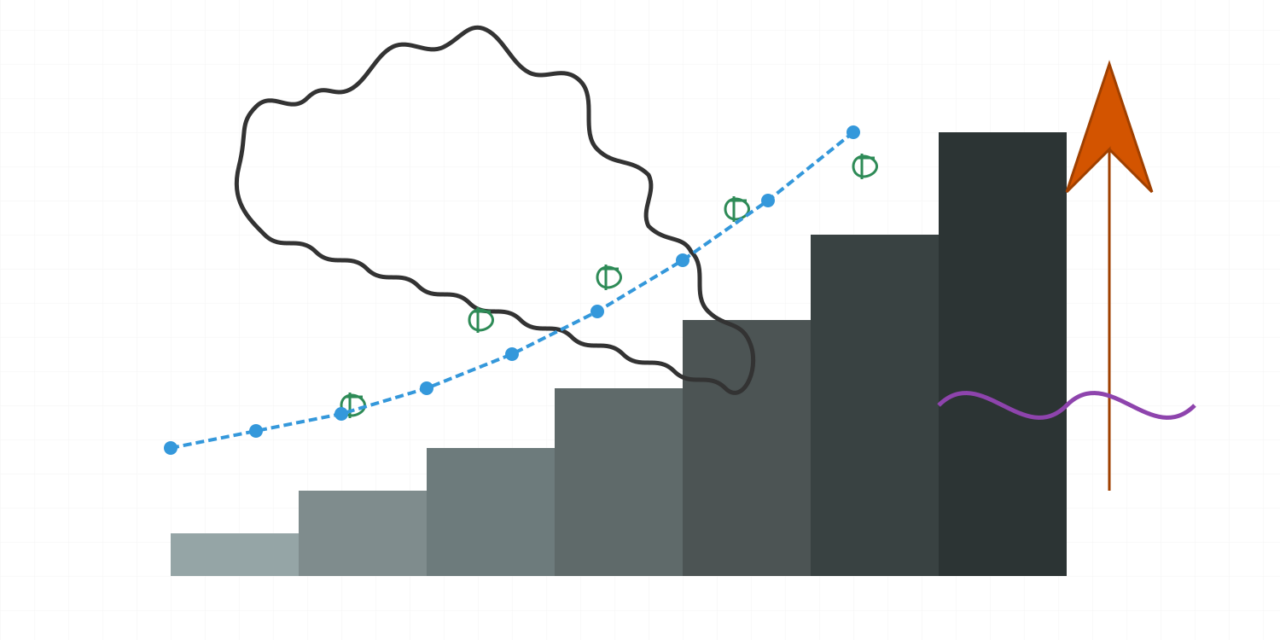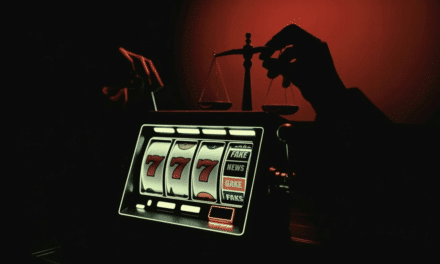On February 25, 2025, Governor Phil Murphy dropped a bombshell in his record $58.1 billion budget address: a proposed tax increase on online sports betting and iGaming, bumping both rates to 25% from their current 15% (iGaming) and 13% (sports betting). Let’s unpack what this means for players, operators, and the industry at large—complete with a few raised eyebrows and a critical lens.
The Basics: What’s on the Table?
Murphy’s facing a structural deficit ballooning to $3.8 billion by July, a 61% spending spike since he took office, and a legacy to cement in his final term.
His solution? Tap into the state’s thriving online gambling sector, which raked in $358.3 million in iGaming tax revenue and $138.3 million from sports betting in 2024 alone. Hiking the rates to 25% could net an extra $200 million annually, based on last year’s figures—a tidy sum to plug budget holes without broad tax hikes hitting residents.
The plan’s straightforward: online sports betting jumps from 13% to 25%, and iGaming from 15% to 25%. Brick-and-mortar casinos, taxed at 8%, dodge the bullet—for now. It’s a move that’s got industry pros asking, “How will this reshape New Jersey’s market?”.
The winners and the losers
New Jersey’s been a trailblazer since legalizing online gambling in 2013, boasting 30 iGaming sites and a sports betting handle topping $27 billion since 2018. Operators like DraftKings, FanDuel, and BetMGM have thrived under relatively low rates compared to neighbors like New York (51% sports betting) and Pennsylvania (36% sports betting, 54% online slots). A jump to 25% still keeps New Jersey competitive regionally, but it’s a squeeze that could trim margins.
The upside? Operators might lean harder into promos—think more “free play” credits—to keep players hooked, a tactic already tax-deductible at retail sportsbooks since 2022. The downside? Thinner profits could mean less innovation, fewer odds boosts, or even a pullback from smaller operators. As someone who’s seen the industry evolve, I’d wager the big players will adapt, but the mid-tier might feel the pinch—potentially shrinking the market’s diversity.
The tax hike spares physical casinos, which employ thousands in South Jersey and generated $180.1 million in taxes last year. Yet, if online revenue dips, partnerships between land-based venues and digital platforms could take a hit. It’s a delicate balance—protecting jobs while milking the digital cash cow.
A Budget Band-Aid?
Here’s where I get critical. Murphy’s pitch is pragmatic—fund pensions, dodge broader tax hikes, and lean on a booming sector. Fair enough.
Online gambling’s “pure profit,” as Senator John McKeon once called it, makes it a juicy target. But is this a visionary play or a short-term fix? States like Ohio doubled their sports betting tax to 20% in 2023, only to face operator grumbles about stifled growth. New Jersey’s hike to 25% isn’t New York’s eyewatering 51%, but it’s a leap that risks spooking an industry that’s fueled the state’s post-pandemic recovery.
What’s more, the timing’s curious. McKeon’s 2024 bill (S3064) to double rates to 30% stalled in committee—now Murphy’s swooping in with a slightly softer 25%. Is this a compromise or a power grab? And why stop at online? Atlantic City’s casinos have dodged tax hikes since the McGreevey era, despite their lobbying clout. It feels like a half-measure—bold enough to ruffle feathers, timid enough to avoid a full showdown.
The Bigger Picture: Eyes on Trenton
Industry pros should mark their calendars for June 30, when Murphy must sign the budget. The Democratic legislature’s on board historically, but the Casino Association of New Jersey’s already bristling—expect pushback. If this passes, other states might follow suit, eyeing New Jersey as a tax-hike guinea pig. Illinois and Massachusetts have flirted with similar jumps—success here could spark a trend.
My take? It’s a calculated gamble. Murphy’s betting the industry can absorb the hit without tanking, preserving New Jersey’s edge over rivals. But if operators balk or revenue dips, it’s a self-inflicted wound on a golden goose. Watch the data post-July—handle, revenue, and player retention will tell the tale.
Operators on their way to fight back.
(updated on Thursday 27th of February)
Sportsbook operators are fighting back the initiative. FanDuel SportsBook send a notification to its players to « take action » by getting in touch with their representatives; arguing that it is an « unfair taxe hike ». At iGamingChronicle, we’re still wondering why no one asked players to « take action » when the tax rose to 51% in New-York.
Disclaimer: This article may have leveraged AI tools to enhance content flow and generate supporting visuals, ensuring a smoother, more engaging read for you.





